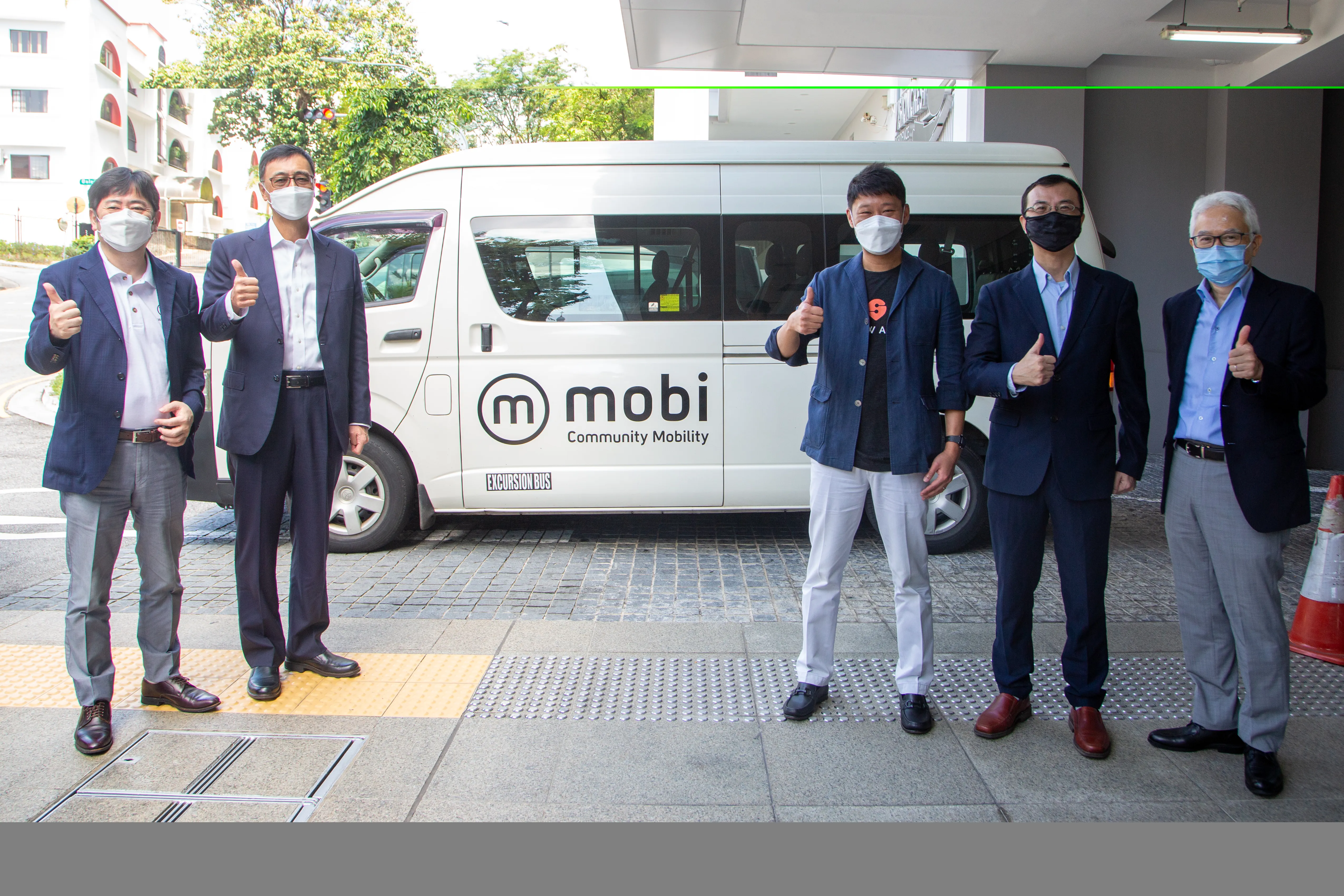
Verizon and Amazon Web Services (AWS)'s mobile edge computing (MEC) platform is now available to Cellular Vehicle to Everything (C-V2X) developers in Denver and Seattle.
Last August, the Verizon 5G Edge with AWS Wavelength launched in Boston and the Bay Area and has since expanded to Dallas and Miami.
Verizon says 5G Edge moves the data and processing done by the applications and services closer to the end user at the edge of the network.
This shortens the round trip that data needs to travel, reducing lag time - or latency - and helps critical, performance-impacting applications respond more quickly and efficiently, the company adds.
According to Verizon, AWS Wavelength brings AWS computing and storage services to the edge of Verizon’s 5G ultra wideband network, allowing users to develop applications with increased speeds, massive bandwidth and ultra-low latency.
Companies are already testing their solutions at the edge of Verizon's 5G network with AWS Wavelength.
For example, Harman is using the MEC platform to support 5G edge-based C-V2X computing capabilities.
Verizon insists the use of 5G Edge with AWS Wavelength lowers latency and offers higher bandwidth so that customers can deliver improved communications and connectivity between drivers and the applications in their vehicles and on their devices.
Ram Iyer, senior director of telematics engineering at Harman, says: “The combination of 5G and C-V2X edge computing not only can offer increased vehicular safety by informing drivers of road work restrictions, speed limit warnings and forward collision warnings, but also gives consumers unprecedented access to their favourite content faster than ever before.”










